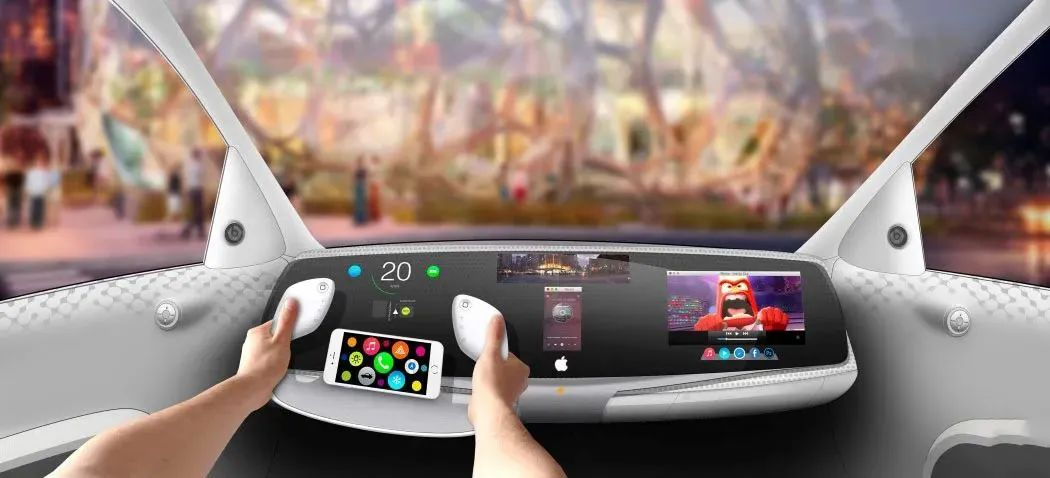**Author:** Big Eye
Last night, Guo Mingchi, an analyst from TF International Securities, revealed on Twitter:
> Apple's car team has been disbanded for a while. If Apple wants to mass-produce cars in 2025, it needs to restructure its team in 3-6 months.
This news has attracted widespread attention in China, especially in light of the recent news that two of Apple's most important contract manufacturers, Foxconn and Luxshare Precision, have entered the automotive industry.
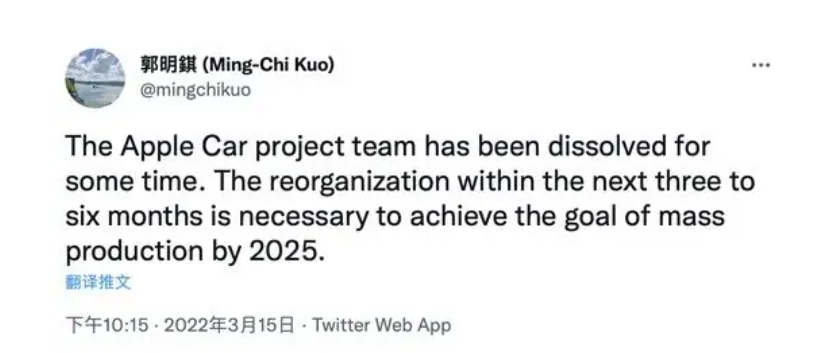
## Apple May Not Give Up Its Car Project Easily
For Apple, the smart electric car project will not be easily abandoned. In terms of technology and funds, Apple's resources are not inferior to the domestic new forces in the automotive industry. In terms of brand appeal, even in the post-Jobs era, Apple's annual new product launches are still highly anticipated by global consumers.
Therefore, in such a situation, Apple has no reason to fail to launch a car due to insufficient resources. As for why it has not launched a car until today, we speculate that it is more the result of the company's own pace control rather than external influences.
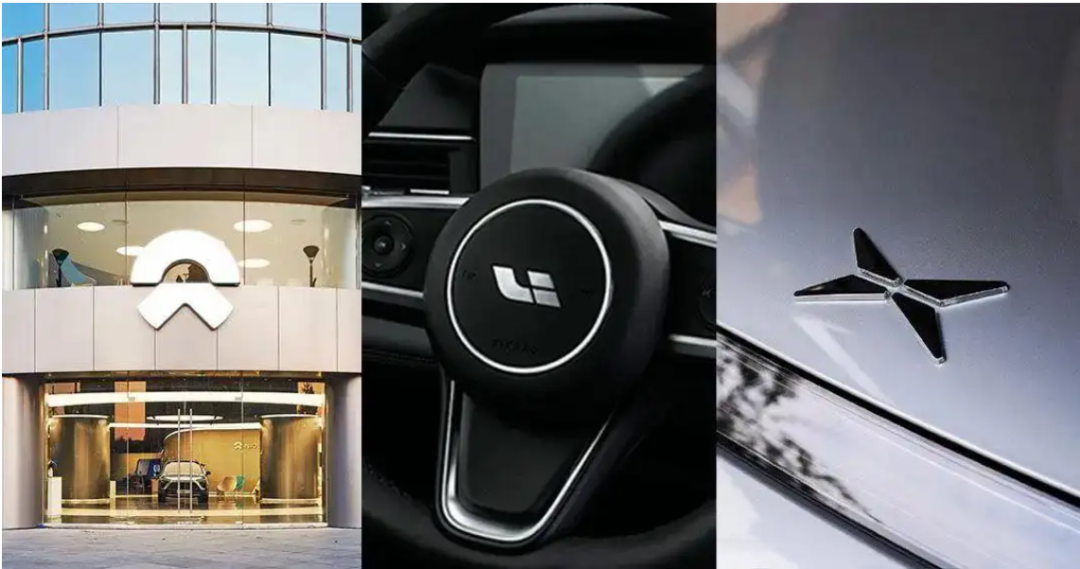
We speculate that the biggest reason why Apple has not quickly advanced its car project may be because it wants to launch a competitive model.
Currently, the homogenization of global electric vehicle products is becoming increasingly severe. It is not an exaggeration to say that everyone in the product design stage will use Tesla as a benchmark or reference certain design elements of Tesla, and then seek to surpass Tesla in certain specific indicators. However, few automakers can develop a car that completely overturns or comprehensively surpasses Tesla.
And as for Apple, the reason why it can stand at the top of the global smart phone industry is that the iPhone completely overturned the predecessors of the traditional phone industry such as Nokia, Ericsson, and Motorola. So we speculate that Apple may not easily launch a similar car model on the market without achieving high-level autonomous driving technology or bringing other disruptive driving experiences.
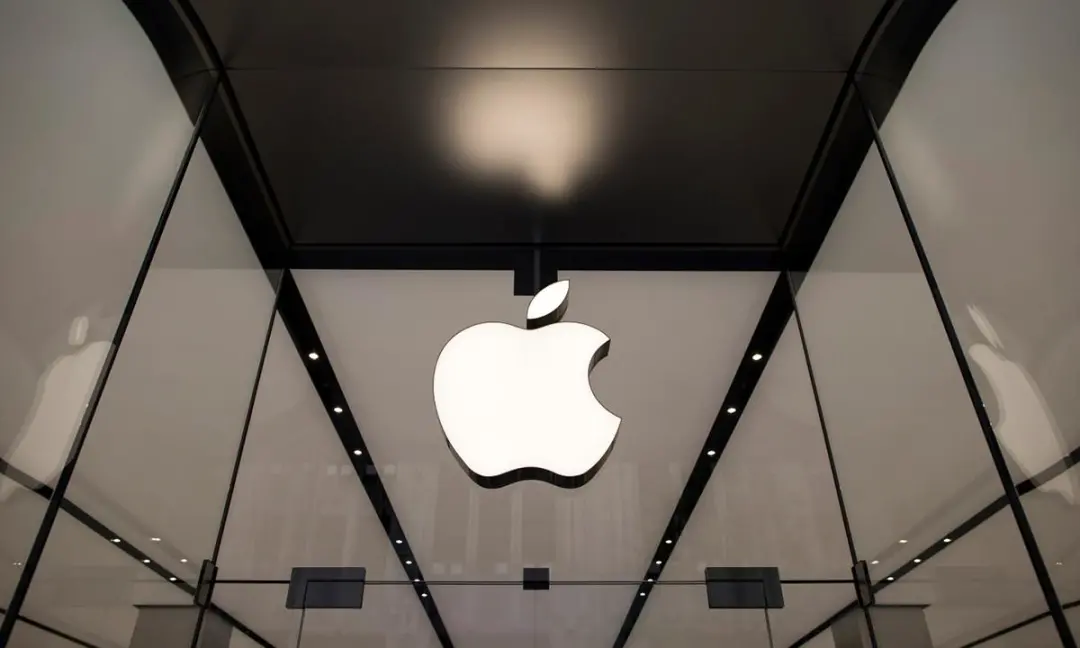
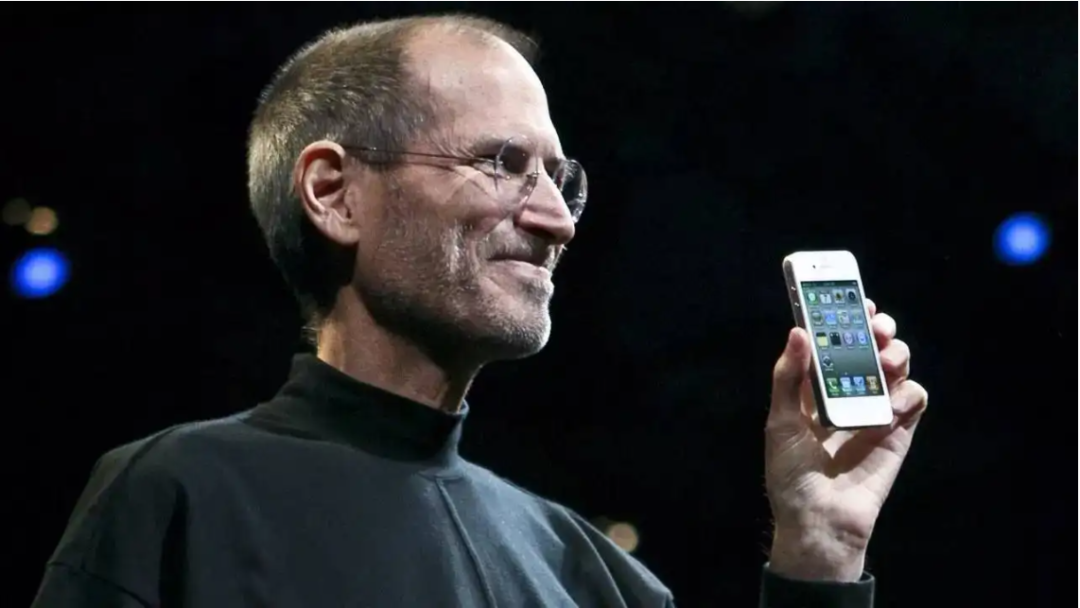
After all, unlike many other new power vehicle companies, Apple does not have the pressure and urgency to introduce electric vehicles to the market and seek project profitability in the short term. Its strategic issue is how to launch a stunning product in the smart electric vehicle market under the situation of smartphones and other smart consumer electronics markets gradually saturated. In doing so, the company can find a new business growth point to ensure sustainable growth in the future.
GoerTek and Foxconn are ready for OEM
For smartphones and other consumer electronics products, Apple adopts a light-asset model of OEM. As two important companies on the supply chain, Foxconn and GoerTek have jointly laid out plans for the automotive industry.
In addition to joint efforts with the Taiwanese domestic Yulon Motor, Foxconn has released a highly scalable pure electric platform and multiple pure electric models including a bus. It has also entered the supply chain system of many OEM companies by acquiring some auto parts companies. The earliest acquisition can be traced back to 2005 when it bought Antai Electric, one of the four largest automotive wiring harness plants in Taiwan.
GoerTek and Foxconn make moves in the auto industry
As for GoerTek, it has spent RMB 10 billion to acquire Chery Automotive’s stockholding, becoming Chery’s fourth largest shareholder. In partnership with Chery New Energy, it has established a joint venture. Up to now, GoerTek has not officially announced that it will build its own cars, but it is undoubtedly hopeful that with Chery’s system capabilities, its car making ability is already in place.
As Apple’s most important OEM, Foxconn and GoerTek’s important strategic measures will more or less match Apple’s strategy. Although the demand for transformation is not small, it is not a wise choice to rashly enter the smart electric vehicle field without proper planning and sufficient preparation. If Foxconn’s layout in the automobile parts industry has already revealed its ambition to deeply engage in the auto industry in the past 20 years, then companies like GoerTek cannot fail to see the difficulties that Evergrande, Baoneng, LeTV and Gree have encountered in the process of making cars.
Considering the profit-making ability of Chery Automobiles and its huge investment in later new four modernizations technologies, GoerTek’s RMB 10 billion investment is not only to participate in Chery’s mixed-ownership reform, but also to hope for further chemical effects with Apple, a major customer, in the future.Rumors have circulated before that Apple was seeking multiple businesses, including modern companies, to manufacture its products, but none of them have ever come to fruition.
From the perspective of traditional computer manufacturers, subcontracting for Apple may earn them considerable revenue, but it does not help their own brand value, and may even weaken their voice in the industry chain.
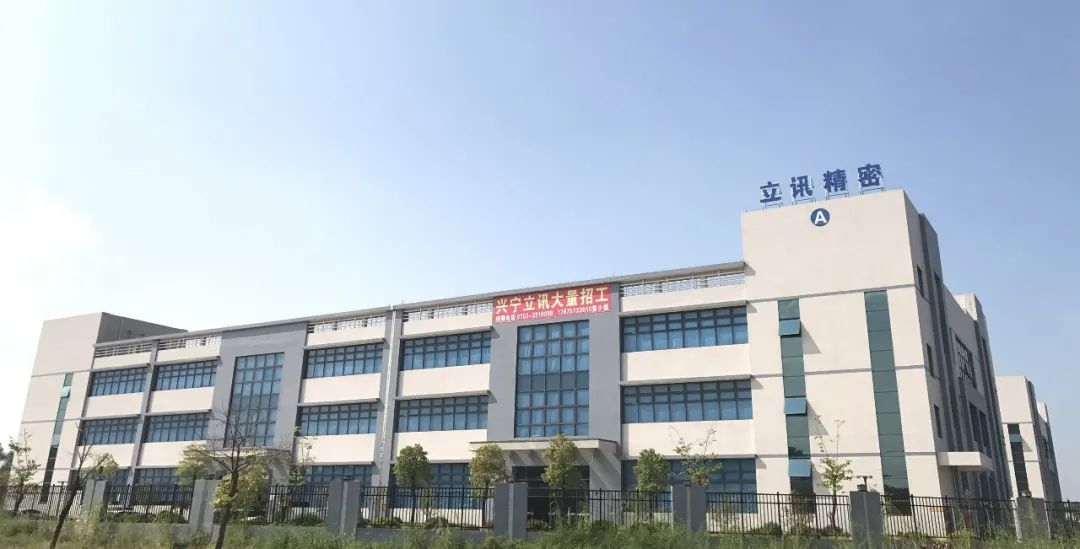
However, companies such as Foxconn and Luxshare are very willing to take on this new manufacturing project for Apple as long as Apple displays relevant intentions. Compared to assembling phones and other electronic consumer products, the size and profit of automobile subcontracting will increase significantly. Apple, therefore, does not need to invest a lot of resources into manufacturing and factory domains in the early stages.
Whether it is Yulon or Chery, relying on decades of experience in car making, it is not difficult for them to assemble cars for Apple.
Does the departure of senior executives from the team have a big impact?
The evidence that Apple’s Titan project had been suspended is shown in the fact that many executives, including Dave Scott, Jaime Waydo, Dave Rosenthal, and Benjamin Lyon, among others, have resigned in the past two years. Among them, the most well-known was Titan project’s Executive in Charge, Doug Field, former Tesla executive who joined Ford Motor Company and became Chief Electric Vehicle and Digital Product Officer of Ford Model e after Ford’s business was split into three parts, responsible for product development in a role that acted as Jim Farley’s deputy.
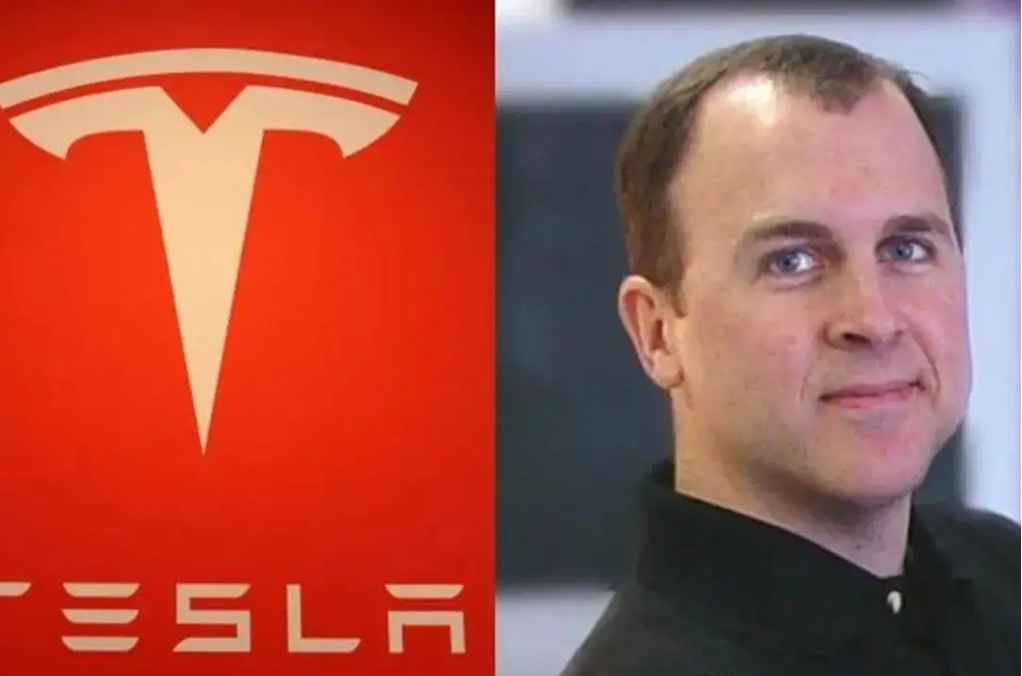
In the view of the media, the departure of these professionals and veterans represents skepticism about Apple’s car project.
To fill the related vacancies, Apple has appointed John Giannandrea, Senior Vice President of Machine Learning and AI Strategy, as head of the automotive project, reporting directly to Tim Cook.
Kevin Lynch, former CTO of Adobe and responsible for developing the Apple Watch project, succeeded Doug Field as head of the Titan project. Instead of recruiting executives from the auto industry, Apple has hired two cross-disciplinary talents with little car-making experience to oversee the automotive project. Cook’s employment strategy has been questioned by many in the industry, who believe that Apple’s car project has placed a pause button, and that this is a major reason why the project has failed to get off the ground.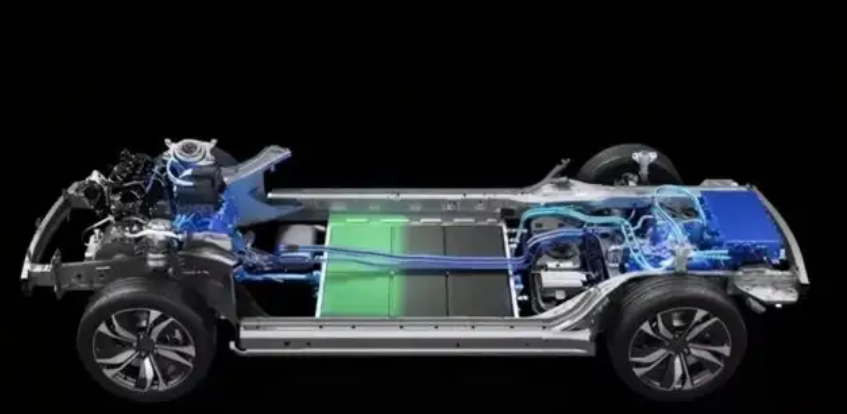
But is it really the case?
Looking at the leading new forces in the domestic automotive industry — NIO, its project leaders Li Bin, Li Xiang and He XPeng all have no experience in building a complete vehicle. Even Elon Musk, who is leading Tesla, did not graduate from an automotive engineering program.
Despite that, NIO has become an iconic automaker in the Chinese EV market and Tesla has achieved a commanding lead in valuation over traditional multinational car giants like Toyota and Volkswagen.
In particular, Li Xiang’s decision to pursue extended range technology despite market controversy and skepticism has turned out to be a strategic victory in today’s era of software-defined cars. It is an undeniable fact that the factors traditionally used to measure the quality of a car are becoming less and less important to consumers.
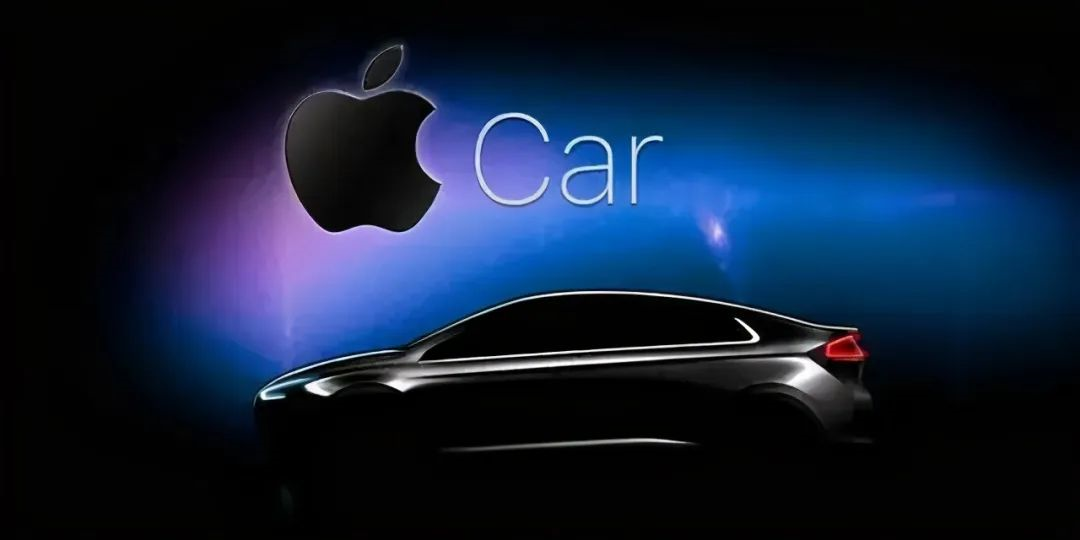
People often compare the current Apple CEO Cook with former CEO Jobs.
Jobs was a pioneer who conquered new territories and laid the foundation for Apple’s current success. As a successor, Cook may not have made significant innovations, but we must admit that Apple’s market value has continued to increase over the years and its position in the high-end smartphone market is unshakeable.
This may be partly due to the advantages Apple had during the Jobs era, but for many years, there have been few other phone brands that can compete with Apple, which also proves that Cook has not made significant strategic mistakes.
Electric vehicle projects require huge investments, and Cook’s prudent and cautious approach has not left much to criticize. If Apple builds a car that is only similar to Tesla or other brands, it is better not to do so at all.
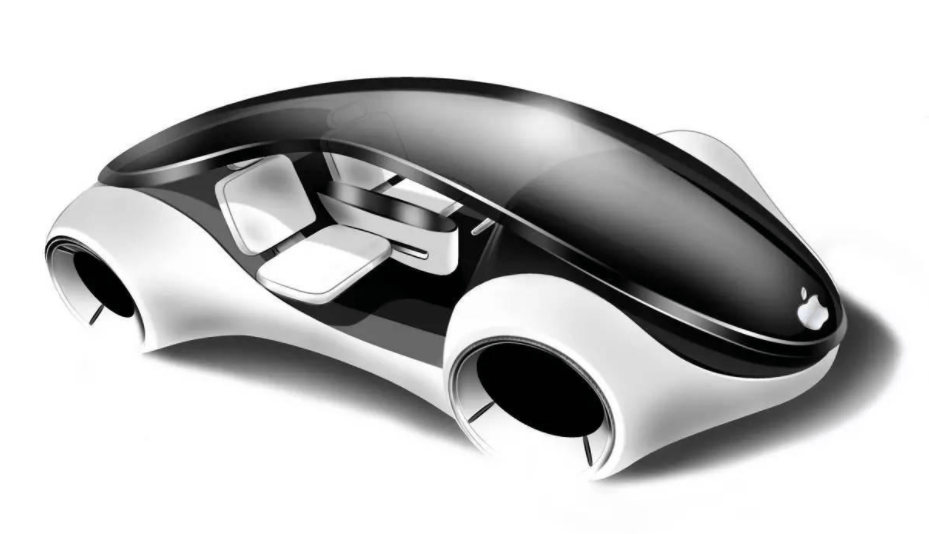
This article is a translation by ChatGPT of a Chinese report from 42HOW. If you have any questions about it, please email bd@42how.com.
